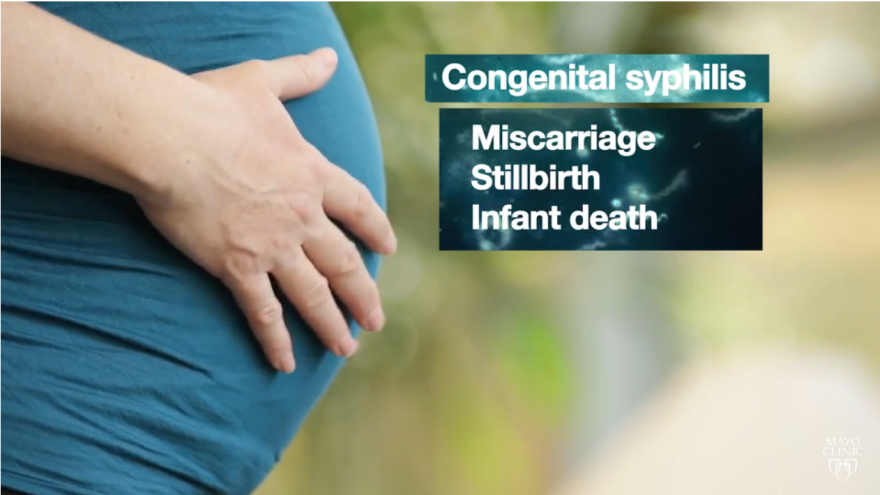Covid is public enemy number one for the Spokane Regional Health District, but syphilis is also high on its list of concern, especially for newborns.
The number of confirmed syphilis cases in the county increased from 26 in 2014 to more than 200 in 2018, according to the Spokane Regional Health District.Kirsten Duncan from the district’s sexually-transmitted disease program says many people who have syphilis don’t know they have it until the disease progresses. Duncan says that applies especially to pregnant women, who often pass it along to their children. That’s called congenital syphilis. She says the county had seven congenital syphilis cases in 2019, three last year and four so far this year.
Kirsten Duncan: “From 2015-2019, Spokane County accounted for over 40% of statewide congenital syphilis cases. Our focus really has been on reducing and eliminating congenital syphilis because it is an entirely preventable infection," Duncan said Wednesday during the health district’s weekly Facebook live briefing session.
Once detected, Duncan says syphilis is easily treated with specially-formulated, long-lasting doses of penicillin.
She says the increase in the number of cases is due, in part, to the demographics of who has contracted the disease.
“Historically we’ve seen syphilis impact primarily men who have sex with men [MSM]. But, starting in 2015, it really has shifted into the general heterosexual and MSM community itself. Because of that change in who is at risk of acquiring syphilis, there’s not a lot of guidelines supporting testing for syphilis in heterosexual men or women, unless they are pregnant," she said.
Duncan says, with the emphasis on Covid during the last 18 months, other diseases monitored by the health district have been obscured. People who might seek tests for sexually-transmitted diseases are not coming in for tests. These tests, she says, are readily available.

